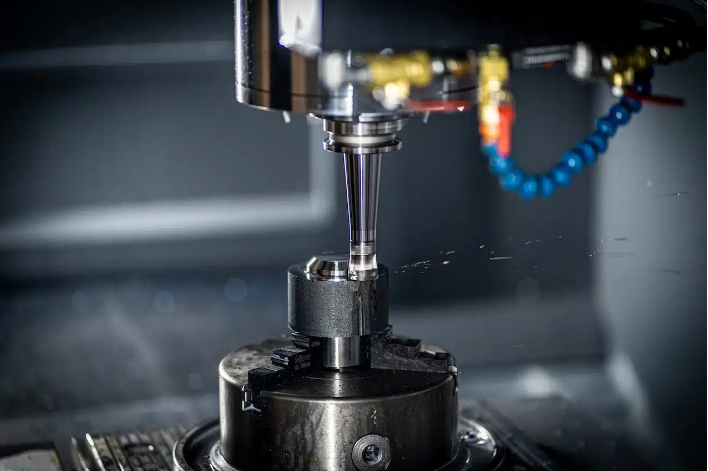Manufacturing Needs Servo Feeder Machine
Haiwei servo feeder machine is a specialized piece of equipment used in industrial manufacturing processes, particularly in metalworking and stamping applications. It is designed to precisely and continuously feed various materials, such as metal coils or sheets, through a production line. The primary purpose of a servo feeder machine is to ensure accurate and consistent material feeding, improving the efficiency and quality of the manufacturing process. The term “servo” in the machine’s name refers to the use of a servo motor for precise control of material feeding. Haiwei Servo motors offer high precision and responsiveness, making them ideal for applications that require accurate positioning and control.
Servo feeders are commonly used to handle a variety of materials, including metal coils, sheets, strips, and other types of flat stock. They can accommodate different widths and thicknesses. These machines are capable of feeding materials with extreme accuracy, making them suitable for applications where precise positioning and tight tolerances are essential. Some servo feeders are equipped with coil handling equipment, allowing them to handle and feed materials directly from coils. This is particularly useful in industries like metal stamping. To ensure safe operation, servo feeders may include safety features such as sensors, guards, and emergency stop mechanisms to protect operators and prevent accidents.

What The Servo Feeder Is Used For ?
Haiwei Servo feeders are commonly employed in metal stamping operations where sheets or coils of metal are fed into a press to create various stamped components. These components are used in a wide range of industries, including automotive, appliances, electronics, and more. The accuracy and precision of servo feeders are vital in maintaining consistent part quality. In metal processing and steel service centers, servo feeders are used to cut metal coils into precise lengths, ensuring that the resulting sheets or strips meet specific size requirements. This is crucial for producing materials used in construction, manufacturing, and other industries.
In progressive die stamping, where a single strip of metal is progressively stamped multiple times to create intricate parts, servo feeders ensure that the metal strip is advanced with high precision between each stamping operation. Servo feeders are integrated into automated assembly lines for various manufacturing applications. They facilitate the continuous supply of materials to the assembly process, ensuring efficiency and reducing the need for manual handling. In the electronics industry, servo feeders are used to feed materials like metal sheets and plastic films into equipment for the production of electronic components, enclosures, and other parts.
Servo Feeder In World Processing Market
Servo feeders play a significant role in the world processing market, particularly in industries that rely on precise material feeding, such as metalworking, stamping, and other manufacturing sectors. The increasing demand for automation in manufacturing processes has boosted the market for servo feeders. Automation enhances production efficiency, reduces labor costs, and ensures consistent product quality. As a result, industries worldwide are adopting servo feeders to automate material handling and feeding. Industries that heavily rely on metal stamping and fabrication, such as automotive, aerospace, electronics, and construction, are major consumers of servo feeders. The ability of servo feeders to provide accurate material feeding is critical for producing high-quality stamped and fabricated components.
The automotive industry, one of the largest consumers of stamped and fabricated metal components, continues to drive the demand for servo feeders. As the automotive sector expands globally, the need for precise and efficient metal processing equipment remains strong. Emerging economies, particularly in Asia, have witnessed a surge in manufacturing activities. The growing industrial base in countries like China, India, and Southeast Asian nations has led to increased demand for servo feeders as manufacturers look to improve their production capabilities.
Manufacturers across the world are recognizing that the adoption of advanced machinery like servo feeders can give them a competitive edge in terms of product quality, production efficiency, and cost savings. The global servo feeder market continues to grow as industries increasingly value automation, precision, and efficiency in their manufacturing processes. As technological innovations and market demand continue to evolve, servo feeders are likely to remain a key component in the world processing market.





